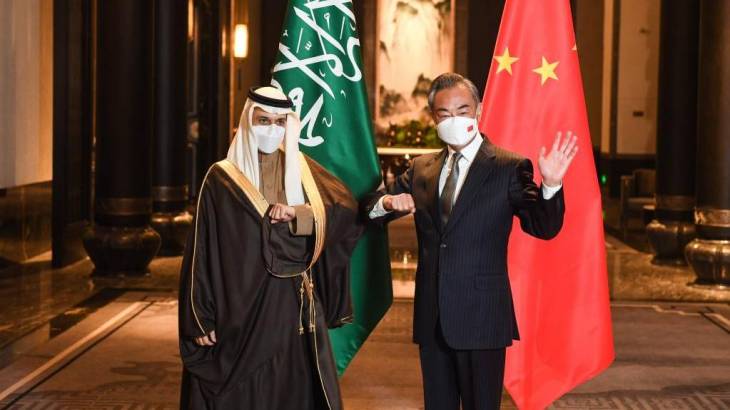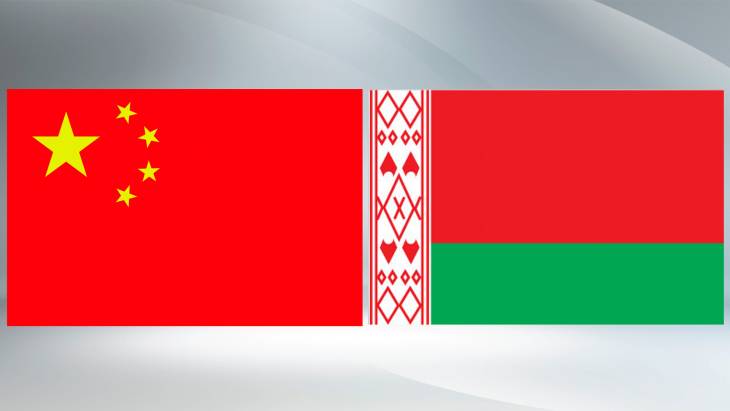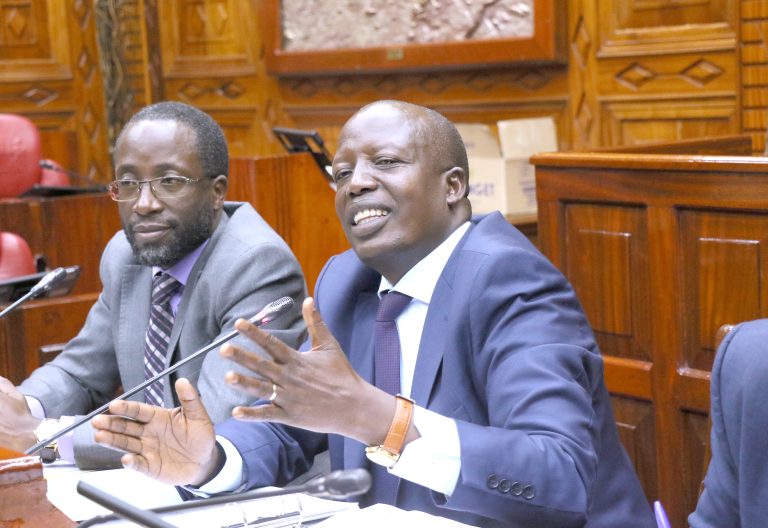China-GCC meeting a sign that the Arab world’s cooperation with the West could be withering

For many decades, the Gulf States and the Arab World have been strange bedfellows. Their relations have been a marriage of convenience, with each side trying hard to tolerate the other in order to serve its political and economic interests at the global arena.
For the West, oil has been the single most important factor in the predominantly Muslim Gulf States. The U.S., particularly, has used a carrot and stick strategy to ensure that it gets as much oil and gas from this region as possible without equal competition, and below market prices.
The U.S. had also perfected the art of playing the countries against each other in a divide-and-rule stratagem aimed at ensuring that the Arab states do not speak with one voice. Occasionally, the states have turned against one another, making them vulnerable militarily with each looking up to Big Brother for protection.
It is also easy to see why the U.S. does not dictate political choices for the Arab world, say, like the way it does to African and Asian countries. However, this is out of no magnanimity of the superpower. It is a way of ingratiating itself with the leadership of these Gulf States by purporting to be sensitive to their Islamic socio-politico system.
Therefore, the increasing closeness and cooperation between China and members of the Gulf Cooperation Council (GCC) could not have escaped the West’s radar and consequent anxiety. Since Monday, foreign ministers from four Gulf states of Saudi Arabia, Kuwait, Oman and Bahrain have been in China for a five-day visit aimed at strengthening economic ties under the China-GCC Free Trade Agreement (FTA).

The GCC visit is by all means a bold statement by these key Arab States. First, it shows their rising levels of confidence that they have now broken free from the West’s stranglehold and can independently decide their affiliations going forward. More so, the fact that they have become friends with the West’s nemesis speaks volumes of their realization that the grass could be, indeed, greener on the other side.
It shows a growing determination by the Arab world to start charting its own geopolitical destiny without consultation with powerful external powers. The FTA is work in progress, dating back to June, 2004 when the framework agreement for economic, investment and technical cooperation was signed between the two sides. The two partners also signed a memorandum of understanding in 2010.
An article published on “Alarabiya news” by Abdel Aziz Aluwaisheg dated January 4, 2021 notes that with the upgrading of the China-GCC cooperation to a “strategic partnership,” the duo are now closely engaged in all fields, from economic to political to security.
Trade, of course, is top of the partnership’s agenda. In 2020, China replaced the European Union as the GCC’s top trading partner, a seismic shift from 1990 when the China-GCC trade was less than U.S. dollars 1.5 billion, a meagre one percent of the total volume of Gulf trade. In 2019, trade between China and GCC countries was more than U.S. dollars 180 billion, which accounted for 11 percent of GCC’s foreign trade.
As China’s economy grows in leaps and bounds, it definitely needs copious amounts of oil, gas and petrochemicals, the bulk of which are naturally imported from the Gulf. This underscores the need for strengthening of security ties between the two partners in order to ensure a stable supply of this energy, and protection of the massive and growing Chinese investments in the Gulf region.
For instance, 35 agreements worth more than U.S. dollars 28 billion were signed during a Saudi-Chinese investment forum held in Riyadh in February, 2019. The GCC has also been very supportive of the Belt and Road Initiative, with some being active participants in the global infrastructural project. This manifold project will increase trade between the two partners at the same rate with its establishment.
China and the GCC are really birds of a feather. Just like the former was once a global power, there was also a time when the Arabs civilized the rest of the world. And, just like China, the GCC countries adhere to rules based international law as espoused by the UN Charter through the virtues of respect for national borders, political independence and non-interference in internal affairs of other countries.
A new era is unfolding in the Arab world. The U.S. and its allies are undoubtedly eating their hearts out with the growth of China-GCC relations. The Gulf states are tired of the love-hate relationship with the West and are looking for genuine friendship that is sustainable, mutually beneficial and non-judgmental. Just like the U.S. military has finally left Afghanistan, I believe the Arab world would like the same to happen on its lands to give the countries a sense of freedom.









